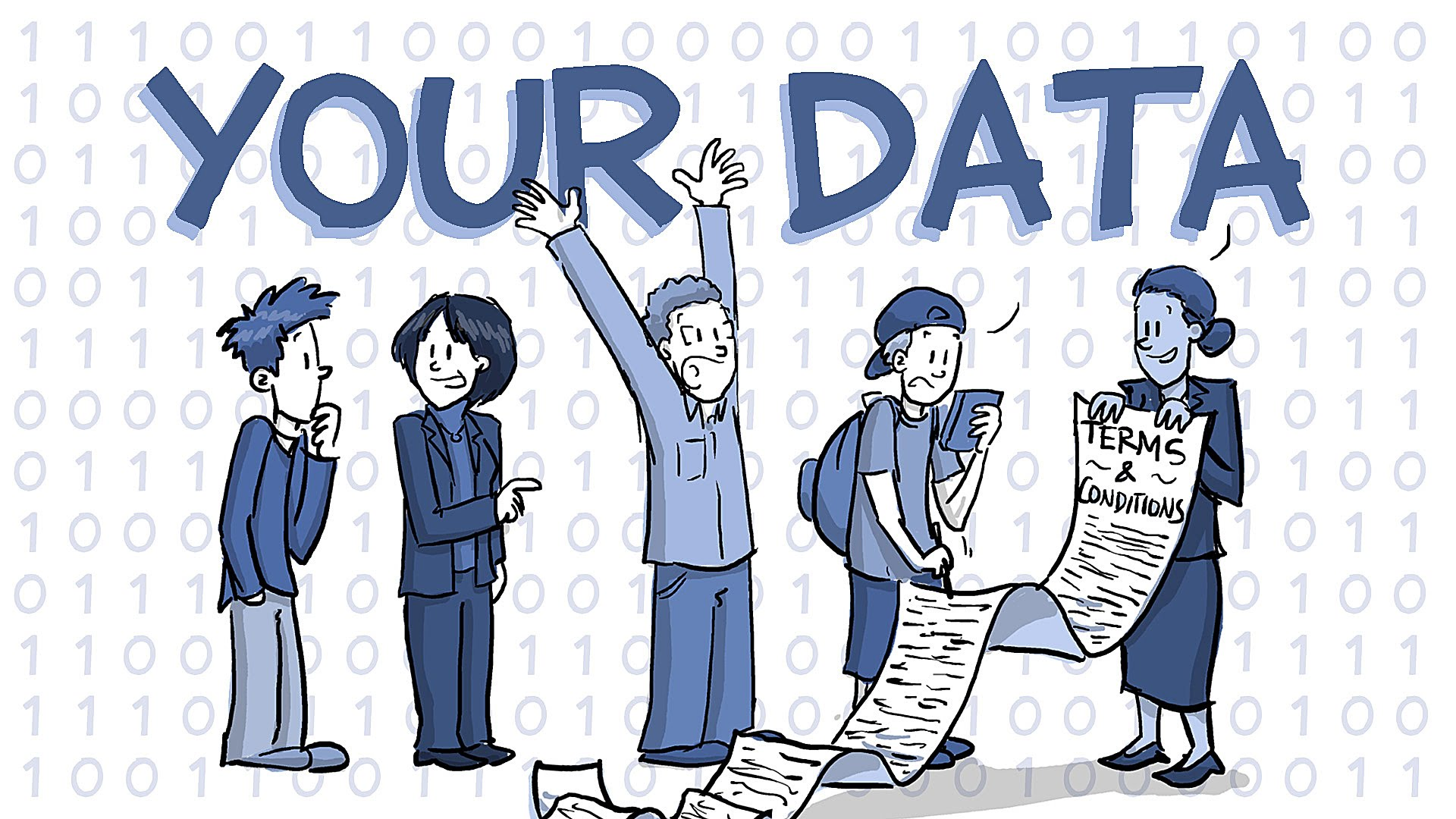Subscribe to Our Newsletter
Stay updated with the latest tips and strategies. Get additional discounts and alerts on offers.

There will always be differences between marketing to businesses & marketing to consumers. Even though the end job is selling to a person, an experienced eye can notice the difference that runs deep between these two types of markets. B2B purchases are more based on logic & consumer’s purchase is more based on emotions.
This is one of the reasons that personalized marketing has long been the foundation of B2C & not so clean-cut in the B2B world even though everyone talks about it, but few have mastered or even tried.

In simple words, personalized marketing is the process of crafting content as per individual users’ preferences or characteristics. This allows letting you to learn more about the audience which is key to driving sales. In the world of marketing, it’s an open secret that the best way to generate demand is to directly appeal to buyers in a direct, relevant & engaging way.
The trouble in B2B is that a product is sold to a high-level decision-maker or decision-makers who have complex priorities or obligations, unlike a consumer whose only reservation is whether a certain widget matches their drapes. This brings marketers to the doubt whether B2B even needs personalized marketing?
The answer is yes, as per modern (studies). B2B buyers now want vendors to offer personalized recommendations across interactions to reach buying decisions. The plus point is that this gives an opportunity for marketers to build relationships even before the sales process begins. In a world of a multitude of options, personalization has become the golden standard of B2B marketing.
The majority of marketers around the world have come to understand the benefits of personalized marketing while there are some who still doubt its benefits. So what’s missing? Word on the street is that these marketers are still focusing on old-school methods & not accepting data as the essential ingredient of personalized marketing campaigns. This is making them guess who their target audience is & what they are looking for instead of using the existing client database to create a clear & informed persona of best buyers.

Depending upon the niche of your industry, you may base your marketing upon a single buyer persona or multiple ones. The more you understand the data regarding your prospects, the easier it will be to deliver personalized, targeted content to the right people, at the right time using the right channels, especially in the coming year. But where can data be used to personalize?
For a better understanding, check out where you can use the magic of data to bring personalized marketing into action in 2018.
Account-based marketing is becoming a more prevalent tactic today as it narrows focus & provides a unique approach for each account along with aligning their efforts with revenue & recurring contracts. The notion of ABM centers around the concept of targeting a specific list of key accounts whose needs perfectly fit the product offering & thus add value to the company. When properly executed ABM benefits both vendors & customers since the strategy is specifically crafted to directly address the client’s needs.
The cool factor of ABM is that it takes advantage of real-time marketing to make most of the dynamically triggered ads & content. There are just two tools that you will want to ease the labor intensity & make things easier to manage: Marketing automation & data analytics software.
Marketing automation helps to easily create, manage & most importantly track campaigns of each of your accounts. This will allow you to pass on the warmest leads to the sales team to close. Data analytics comes in because you will need to carefully track engagement metrics.
Targeting an entire account makes engagement easier & attaining regular data on how well you perform with your target account is the best way to ensure that the right information is passed along at the right time.
Email marketing is one of those techniques that have stood the test of time & is even vital in today’s age of personalized marketing. It is direct, cheap & effective. Email personalization can be fulfilled using contact name, account history data, previous search history, or even a birthday date from your CRM.
Marketers also try the method of using buyer personas to segment an email list into, smaller, more targeted lists. This allows you to send targeted email campaigns based on industry, buying preference, job title & more. When executed well, personalized email campaigns have the power to produce a staggering boost in your B2B’s engagement metrics.
B2B marketers around the world are realizing the importance of social media channels in marketing. It is not only a place to reach prospects but also facilitates one-to-one conversations.
Using the buyer personas that have been created, marketing teams will be better equipped to locate prospects in the social segment & tap into conversations they are having. This technique of social listening enables you to craft your content for your prospects & deliver them to a favored platform.
Locating & responding to prospects on social media can create a unique experience in the minds of the targeted prospects which can be the ultimate personalized marketing form. Social media also is a great platform to spread the content that’s targeted to your targeted audience. Marketers have to make sure that the content made for social media touch the right emotion of the audience.
Personalized marketing through the website can be really challenging for marketers. In today’s world your website is the starting point for most prospects, so creating a good first impression is really important. Applying personalization enables you to make the website experience customized to the user’s stage of buying cycle & influence the sales decisions.
Even though you don’t have the necessary information of every visitor, with simple additions you can create a custom website experience for almost every visitor. Breaking your customer base into categories (industry, size, revenue, location, etc.) is a great way to start to help drive your B2B marketing personalization. Choosing your segments makes it easier for you to determine the needs/interest of each segment at every phase of the buying cycle & create appropriate content for each segment. Applying these will enable you to better organize the content & direct the targeted audience to the information they actually want to see.
Try adding these tactics to your lead nurturing journey by appropriately using the customer data you have. 2017 was the year of data & if you have not been using it to customize your marketing communications, it’s high time you started. But ensure that you don’t get caught up in the idea of personalizing just for the sake of it or so you can trick people into trusting your brand.

True B2B personalized marketing means taking that extra effort to understand each buyer’s priorities & add value to their decision-making process. Going forward to 2018, while trying out the personalized marketing techniques marketers should not forget that success is a process & not a one-click phenomenon.
Also, read our blog on TOP 10 B2B MARKETING PREDICTIONS FOR THE YEAR 2018
Show Some Love!

Subscribe to Our Newsletter
Stay updated with the latest tips and strategies. Get additional discounts and alerts on offers.
Related Articles
Subscribe to Newsletter
Stay up to date with the latest marketing, sales, and service tips and news.